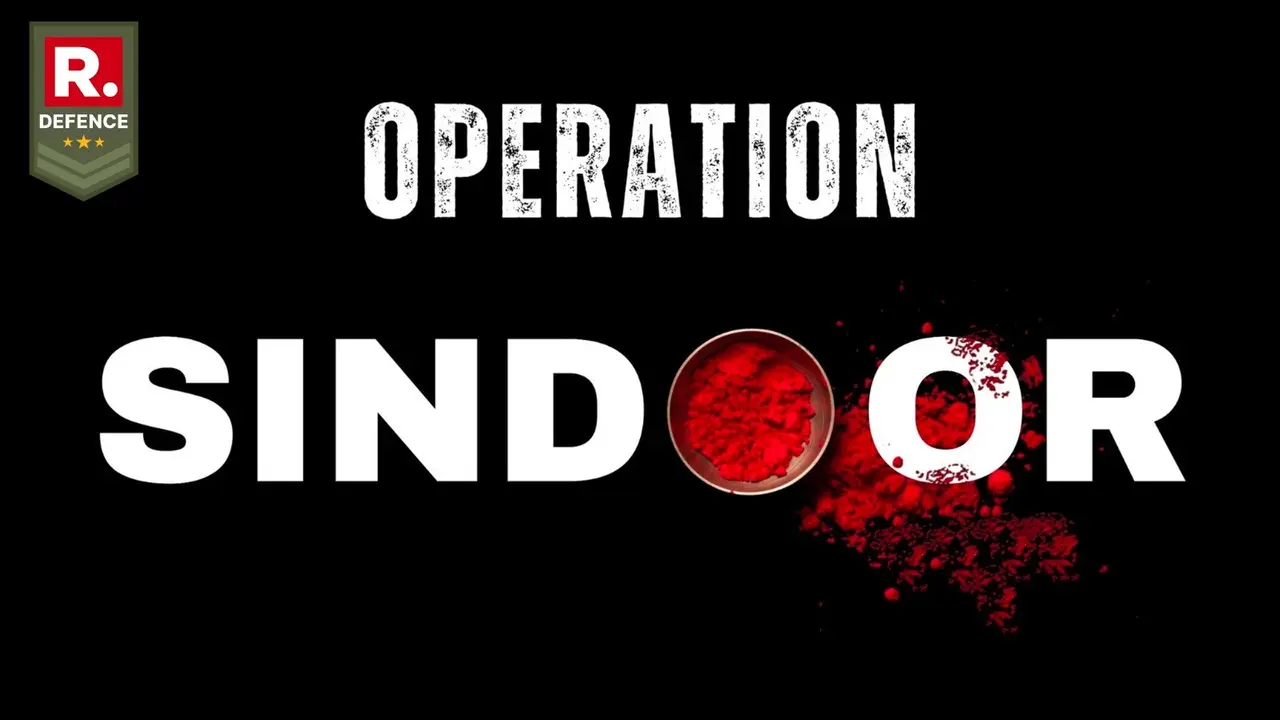Updated 7 May 2025 at 02:52 IST
Operation Sindoor: India's Calibrated Strike Against Pakistan Without Military Escalation
In a decisive retaliation to the Pahalgam terror attack, the Indian Armed Forces launched Operation Sindoor in the early hours of May 7, 2025.
- Defence News
- 4 min read

New Delhi, India - In a decisive retaliation to the Pahalgam terror attack, the Indian Armed Forces launched Operation Sindoor in the early hours of May 7, 2025, targeting nine terror infrastructure sites across Pakistan and Pakistan-occupied Jammu and Kashmir (PoJK). The operation, confirmed through official and media channels, marks a significant shift in India’s counter-terrorism posture—emphasizing speed, proportionality, and strategic clarity. By 02:37 AM IST, Indian defence sources indicated the strikes were successful, with no reported targeting of Pakistani military assets.
The attack on a civilian tourist spot in Pahalgam on May 3 had left 25 Indian citizens and one Nepali national dead, making it one of the deadliest incidents since the Pulwama attack. The government declared its resolve to hold those responsible accountable, and Operation Sindoor is the execution of that commitment. Historical analogues include Operation Vijay during the Kargil conflict and Operation Parakram in 2001-2002, but this latest response appears more refined, focusing on non-state actors without engaging state military assets.
Operation Sindoor launched after rapid clearance, targets across PoJK and Pakistan confirmed
Reports from Reuters and national outlets confirm that precision munitions—possibly delivered via air or stand-off loitering drones—were used to strike camps and hideouts of Lashkar-e-Taiba and Jaish-e-Mohammed operatives. Intelligence gathering for these targets has been underway since late April and involves satellite surveillance, electronic intercepts, and RAW-DIA coordination. The rapid execution following the Pahalgam incident indicates that pre-cleared contingency plans were activated swiftly.
The Indian government emphasized that "no Pakistani military facilities were targeted", underscoring the non-escalatory nature of the operation. This messaging seeks to reassure the global community that India remains a responsible military power, acting under Article 51 of the UN Charter—the right to self-defence. This restraint is viewed as deliberate, avoiding the missteps that might trigger a larger conventional military confrontation in a nuclear-armed theatre.
Advertisement
The operation could shape India's emerging rapid-response doctrine in counter-terror warfare.
Strategically, Operation Sindoor aims to disrupt cross-border terrorism networks at their source—targeting logistics hubs, command centres, and safe houses used to funnel men and materiel into India. While operational details remain classified, the scale and coordination suggest participation from both the Indian Air Force and special operations elements of the Indian Army, with support from Northern Command and intelligence agencies.
The timing of the operation—just days after the Pahalgam attack—reflects an evolving Indian doctrine: measured but swift retaliation, decoupled from diplomatic delay. It sends a signal that proxy warfare across the LoC will meet kinetic consequences, even as New Delhi avoids crossing red lines that could provoke direct war. Analysts believe that this could mark the beginning of a new tiered escalation ladder in India’s counter-terror strategy.
Advertisement
International focus sharpens as India reasserts zero-tolerance stance on cross-border terrorism
The international reaction is still developing, but initial signals indicate tacit support for India’s right to self-defence. The United States, France, and Israel—longstanding defence partners—have been quietly briefed. Observers believe the Indian effort to strike a balance between retaliation and restraint may help defuse potential diplomatic backlash while sending a regional deterrent message.
Pakistan’s official response remains muted, although cross-border firing along the LoC in Rajouri and Kupwara sectors has been reported by The Times of India. Islamabad may seek to internationalize the issue, invoking Kashmir as the core concern, but its credibility on terror infrastructure remains eroded due to repeated global assessments linking it with non-state actors.
India’s Ministry of Defence is expected to hold a formal briefing later on May 7, where further information on battle damage assessment, target profiles, and future posture may be disclosed. Until then, Operation Sindoor stands as a calibrated assertion of India’s red line—cross-border terror will not go unpunished, but neither will India rush blindly into conflict.
Published By : Yuvraj Tyagi
Published On: 7 May 2025 at 02:52 IST
